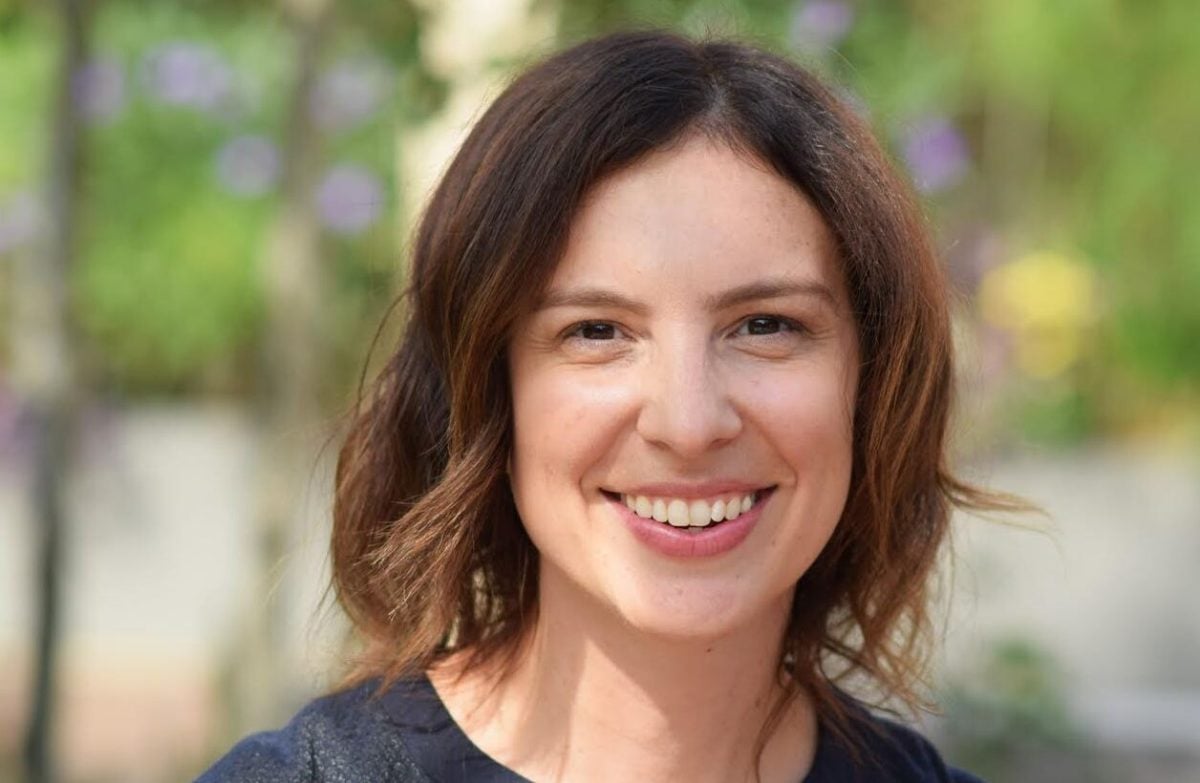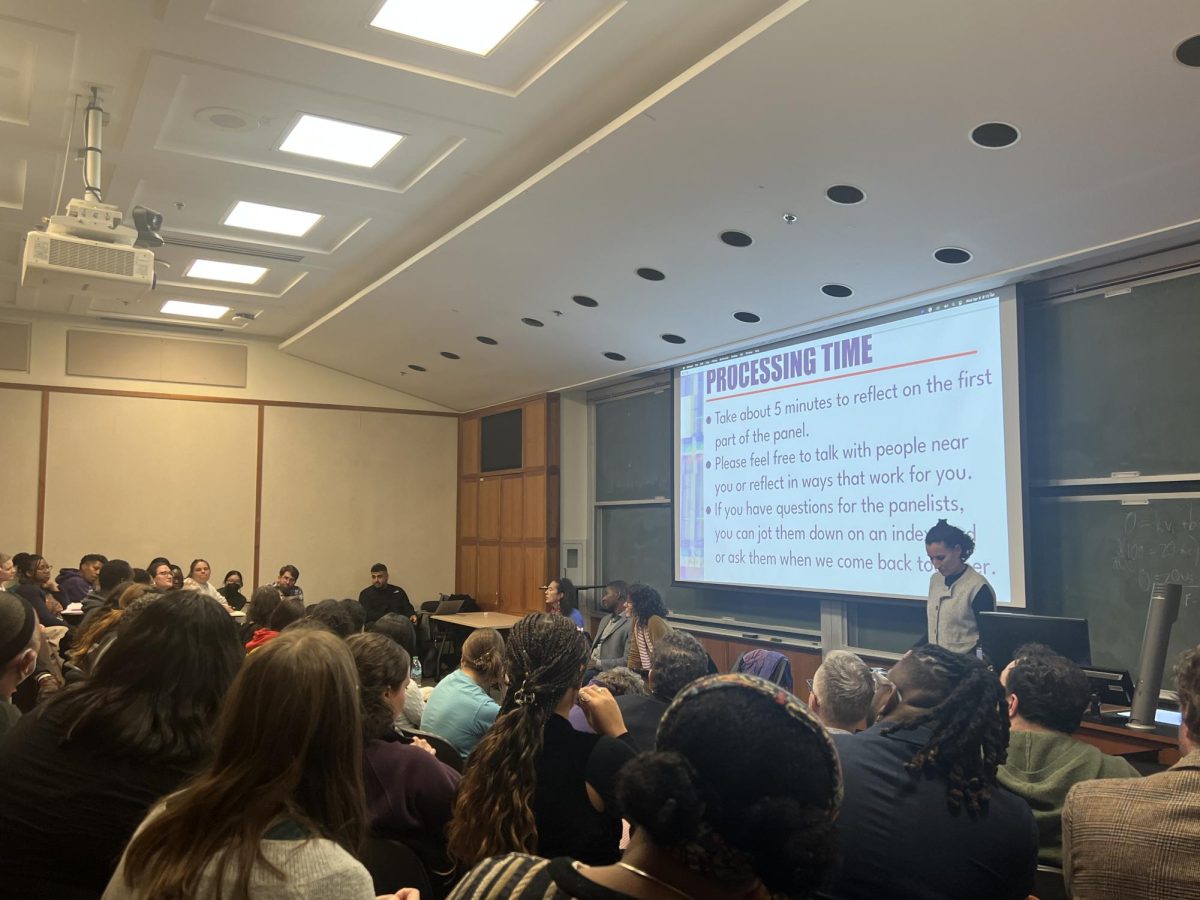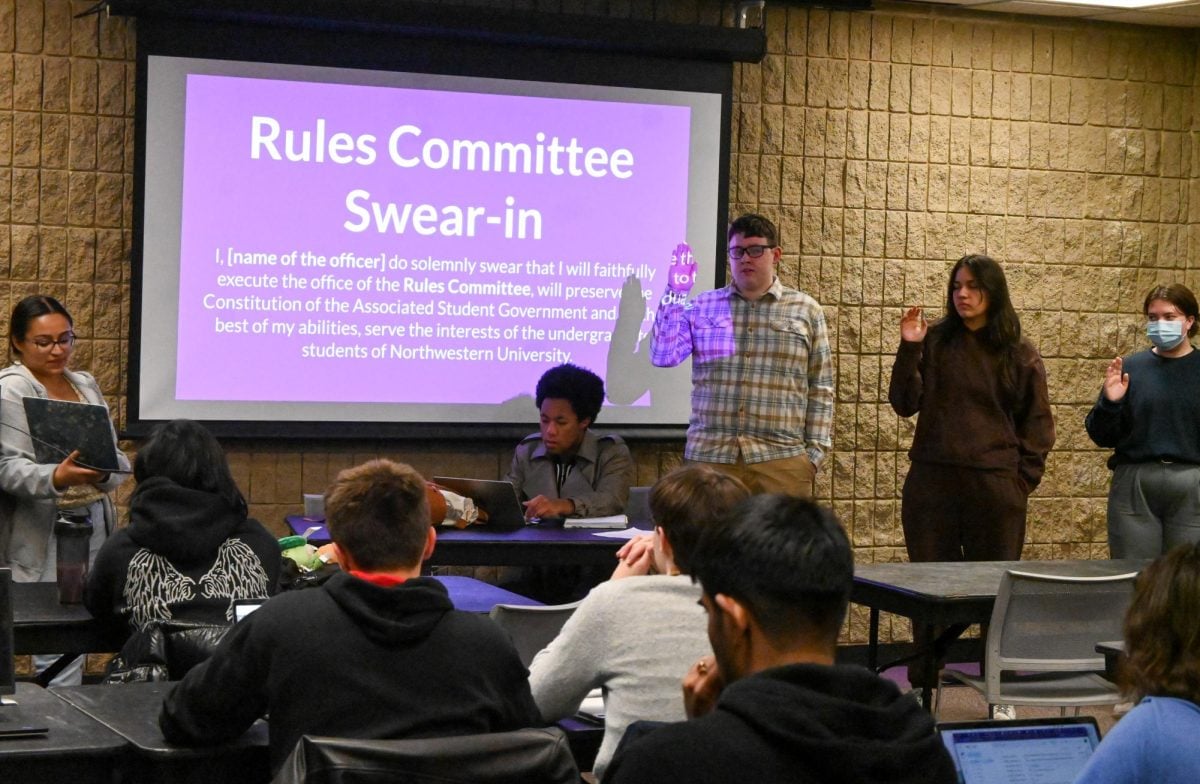SESP Prof. Terri Sabol has been at Northwestern since 2014. In that time, she has not only built relationships with students and created a robust research portfolio, but she has also given her students hands-on opportunities to interact with policy research about Chicago.
In addition to being an educator, Sabol is a faculty co-director of the Early Childhood Research Alliance of Chicago — also known as EC*Reach — which uses data to conduct early childhood policy research. The Daily interviewed Sabol on her career before coming to NU and how her research has shaped her time as a professor.
This interview has been lightly edited for brevity and clarity.
The Daily: What was your career like before coming to Northwestern? Did your college experience shape what you do today?
Sabol: I was a liberal arts major. I majored in psychology and English. Then, I was a first-grade teacher in Chicago. I loved teaching, but found myself asking a lot of questions about the education system and what kinds of experiences children had before entering first grade, especially their early childhood education experiences. At the time, I was really interested in thinking about classroom experiences, what makes a high-quality teacher and what makes high-quality learning experiences for kids, so I went back to graduate school. My PhD is in applied developmental science from the University of Virginia. I was trained by a developmental psychologist and economist, and I became deeply interested in interdisciplinary questions. Then, I came here for a postdoc at the Institute for Policy Research and expanded my focus to think about the roles of families and broader social policies.
The Daily: What are your research interests right now? Is there something you are currently researching?
Sabol: I have three lines in my research. The first is thinking about how programs live and develop over time, so that’s related to child development. Then, I think about kids’ early child education experiences, both within the classroom and outside the classroom and the implications for teachers and their families. And third, I study early childhood education policies, or child and family policies at a broader level.
The Daily: It sounds like a big part of the inspiration for your research comes from being a first-grade teacher. Are there other things that inspired your research?
Sabol: About two years ago, along with Diane Schanzenbach, who’s an economist, I launched a new research hub called EC*Reach, which serves as a hub for early childhood research in Chicago. Our tagline is “research powered answers to community driven questions.” The point is to harness the power of research and data to be able to inform Chicago schools. It has been a great gift to be able to think about the use of research to maximize the investment in young children in the city.
The Daily: Do you feel like doing this research and work has changed your approach to being a professor, or has it shaped the way you interact with students?
Sabol: Yes. I’m teaching a class right now called Crafting Child Policy at SESP, where students work in teams to answer questions that are directly related to the needs of the community. In two weeks, they are going to present at the Chicago mayor’s office. Each group selected a topic like teacher retention, how to improve health outcomes for kids, or how to support healthcare utilization, and the teams came up with a solution based on the empirical evidence they could find that would support a solution to the problem. This kind of approach has completely affected the way I teach, which is to provide hands-on experiences for undergraduate students that are deeply connected to researching policy.
The Daily: In that same vein, do you feel like your time at Northwestern has made you want to pursue different avenues of research?
Sabol: The beauty of the department and human development and social policy and SESP broadly, I think, is that we are a group of scholars who are united among solving and answering pressing questions. No single discipline can answer those questions, and that certainly continues to influence my research.
The Daily: What is your favorite part about being a professor at Northwestern?
Sabol: For both undergraduate and graduate students, they make this job worth doing. Just learning from students is constantly making me think about the world differently and ultimately makes us all stronger scholars and professors and members of society.
Email: SarahAbdelsalam2027@u.northwestern.edu
Related Stories:
— From Newsweek to the “Medill Mom:” Prof. Karen Springen reflects on her journalism career
— Q&A: Tony-Award-winning Prof. KO reflects on theatre industry mental health, leave from Broadway
— From Georgia to Weinberg: Ambassador in Residence Ian Kelly shares insights on his career







